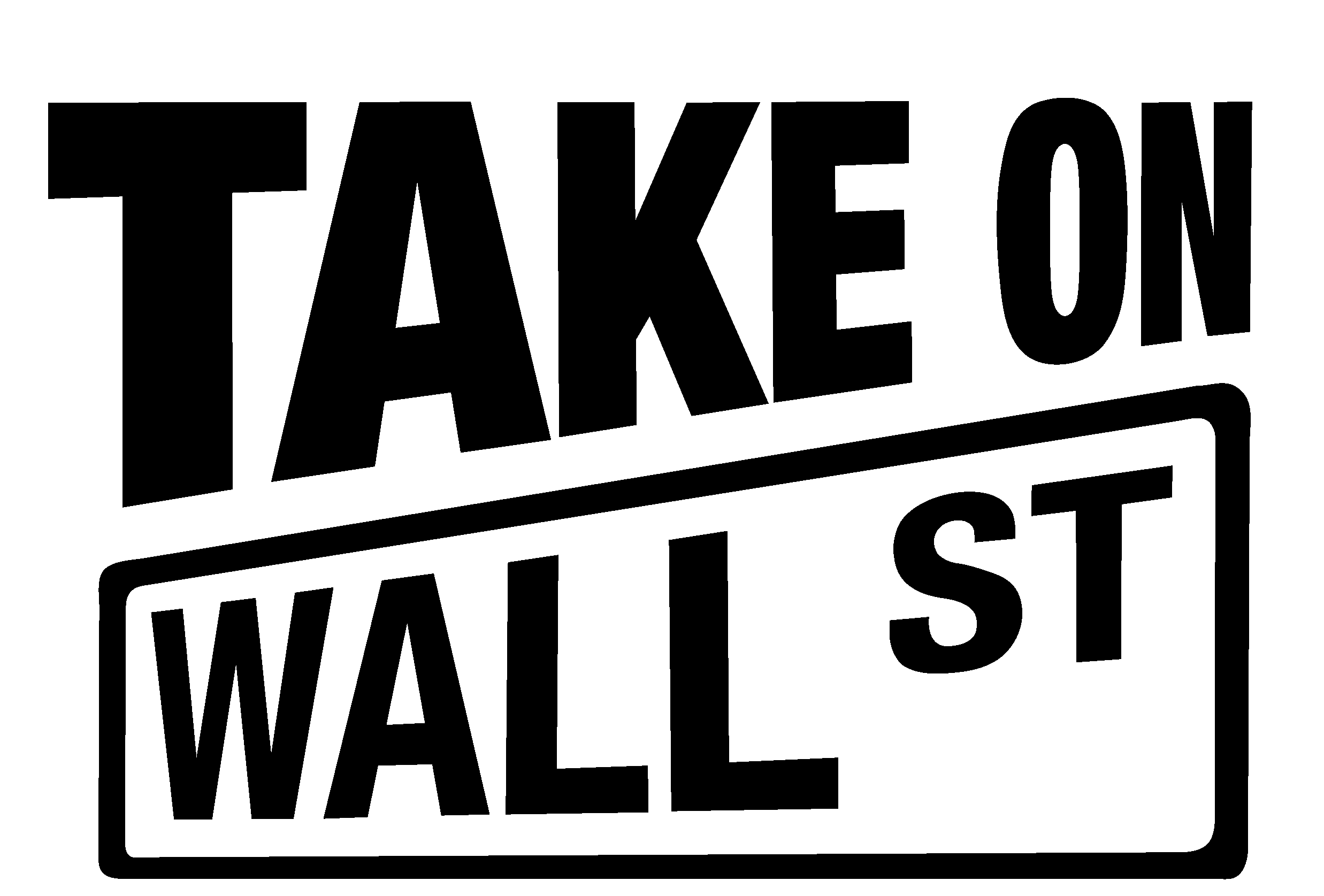 This post was guest authored by Joseph Miller.
This post was guest authored by Joseph Miller.
The leftward shift of American voters has been a critical focal point in a rapidly shifting American political terrain. The high profile presidential campaigns of left-wing stalwarts like Bernie Sanders and Elizabeth Warren, the rise (and subsequent expansion) of ‘The Squad’ who are defeating corporate-backed incumbents, and a renaissance of more structural proposals like the Green New Deal, single payer healthcare, and abolishing the police indicate the political ground shifting below our feet.
Democratic party leadership is struggling to adapt to the new reality. Perhaps nowhere are they struggling more than on regulating Wall Street and corporations. The Biden campaign felt the need to convene a unity task force with Sanders supporters to discuss policy recommendations, but they didn’t apparently listen to them.
Even though a massive corporate tax giveaway, a pandemic, and a growing recession have come between, the draft platform document released by the DNC in late July bares a striking resemblance to the 2016 document. If the platform is any guide, the party is still struggling to shake Wall Street’s influence. On some issues, the document retains the tepid commitments of 2016 that failed to convince voters Democrats were on the side of white, Black, and brown working people. On other issues, the party has actually regressed, indicating a misinterpretation of Trump’s election and the pro-corporate corruption of his term. Concretely:
- No Financial Transaction Tax: In 2016, Democratic delegates approved language that endorsed a Wall Street Transactions Tax to “curb excessive speculation” but also reminded Wall Street “that there is room within our party for a diversity of views.” In 2020, there is no mention of a financial transaction tax at all.
- Soft language on big banks: Democrats in 2016 approved language that promised Democrats “would not hesitate” to dismantle too-big-to-fail institutions that posed a systemic risk to the economy. In 2020, no such actionable promises were made, but we are assured they believe “no banks should be too big to fail.”
- Executive Compensation: Neither 2016 nor 2020 outlines any steps to reign in excessive CEO pay, even though most Americans favor the idea.
- Weak language on corporate taxes: After Republicans passed the Tax Cuts and Jobs Act, a deeply unpopular hand-out to the big banks and the 1%, Democrats have a golden opportunity to re-write the tax code in a way that benefits working families and not corporations. If the platform is any indication, however, we shouldn’t expect any major reforms.
- Public Credit Reporting: In 2016, Democrats supported a government-run credit reporting agency that would provide a “non-discriminatory” option for low-income adults to establish lines of credit. This year, it did not make it into the document.
- Private Equity: To spite private equity contributing to retail, housing, policing, and health crises with their predatory extraction from communities of color, the words “private equity” are never mentioned in either platform.
Platforms are values documents that parties spend weeks litigating every word of, so it’s important to recognize these shifts as expressions of where the party will take us. The next Democratic administration must commit to an agenda that empowers working people and substantially curbs Wall Street’s influence, and this platform just doesn’t cut it.
That’s why we’re proud to support United for Respect as they petition Democratic National Convention delegates to prioritize working people in their platforms. We echo their call “to make sure we and our families are THE TOP PRIORITY and that mega corporations and Wall Street billionaires don’t decide our future.”
Sign the petition here.

Leave a Reply